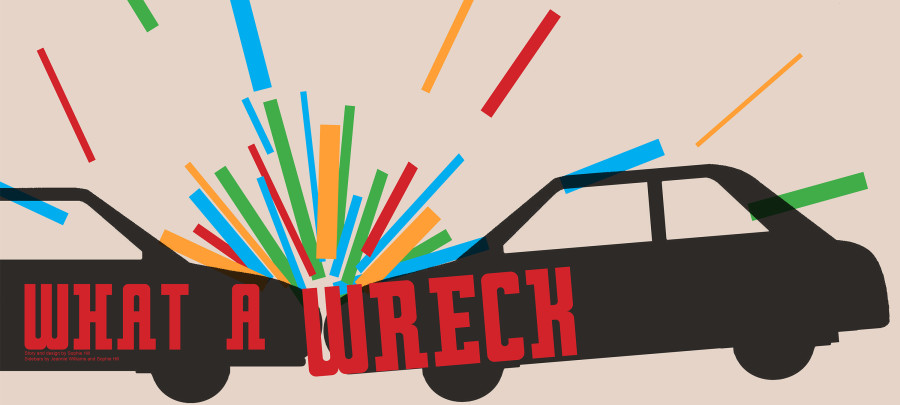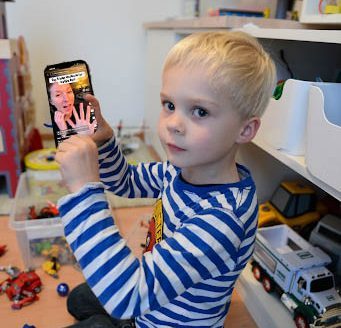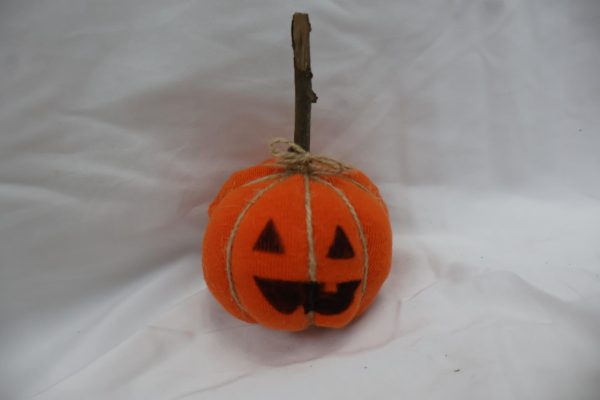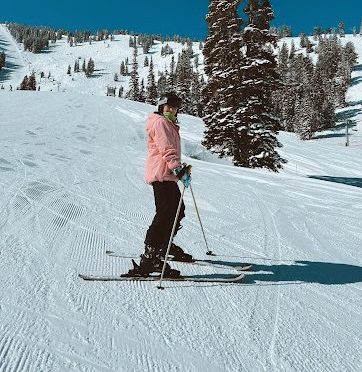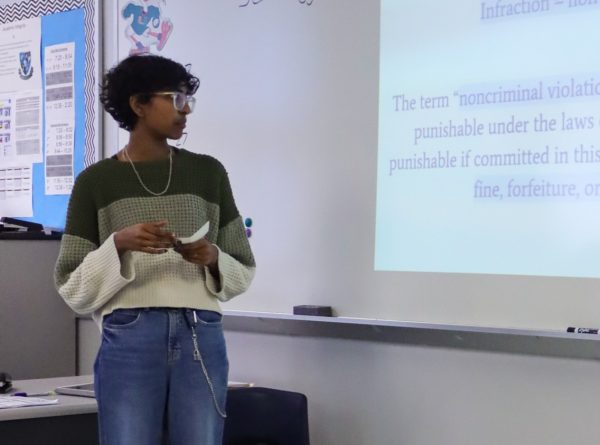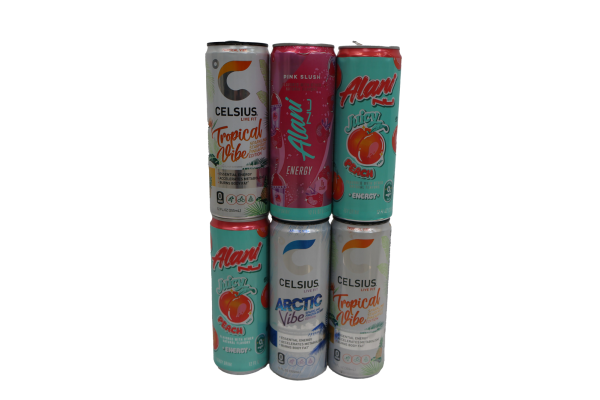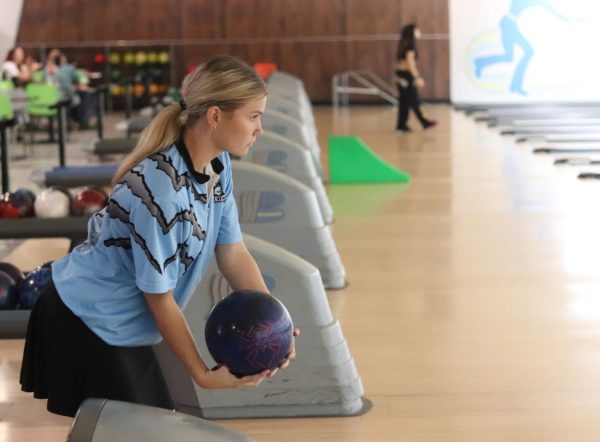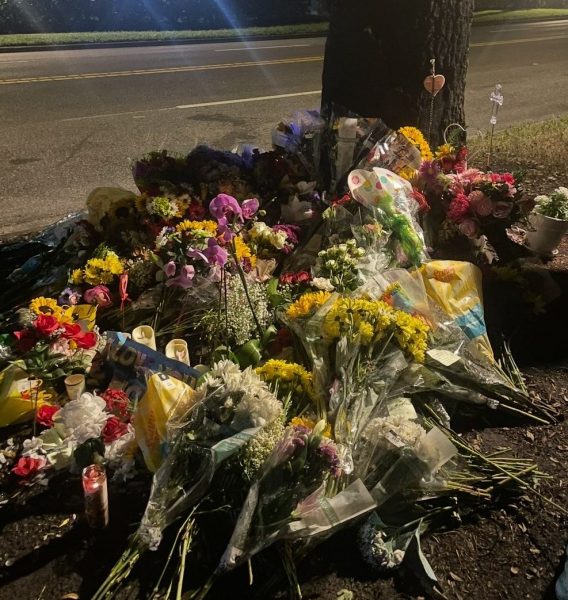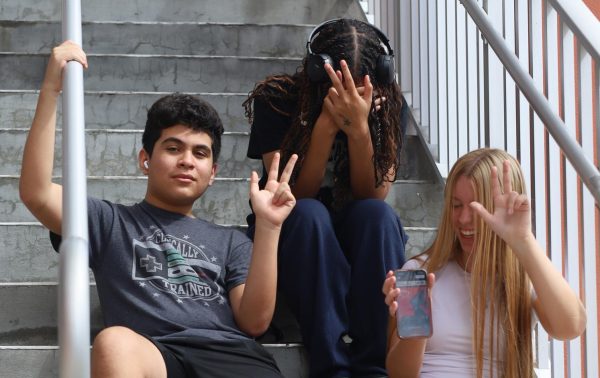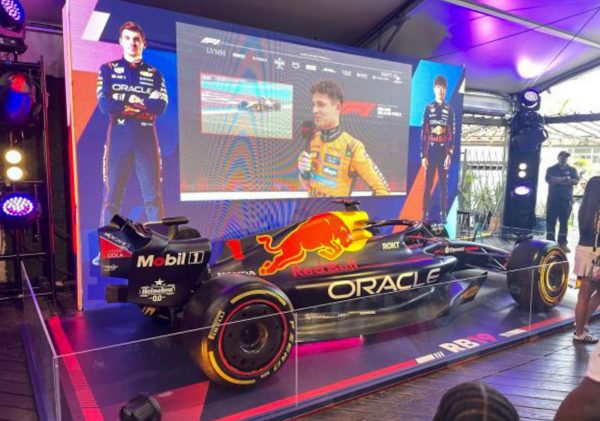What a wreck
One second, senior Mikey Reyenga was cruising down SR 434, eyeing the light for the upcoming intersection. The next, he watched as a crash broke out a little further down on the road, leaving Reyenga with no other option than to slam into the accident unfolding before him.
“You immediately freak out. You think ‘this wasn’t supposed to happen’ because you were just jamming out to your favorite song and now you’re ruining your day and the days of the people around you,” Reyenga said. “It’s terrifying.”
In Central Florida, teen drivers from local high schools and UCF make up for a disproportionate number of accidents in the area. In the United States, teens only make up 14 percent of the population, yet they account for nearly 30 percent of all car accidents.
After the accident, Reyenga called 911 and watched as four more accidents took place as a result of the crash he witnessed, backing up traffic for miles and causing a sense of frenzy.
“Obviously when you get in a crash there’s a lot of adrenaline immediately flowing through your body,” Reyenga said. “You have to remember to remain calm, don’t say anything incriminating. Call the police and let them handle it.”
Although Reyenga has walked away unscathed from two separate accidents, he says they never become less terrifying. Reyenga, like Junior Hannah Stephens, also found it difficult to get back behind the wheel after being in a car crash.
“I got in an accident the first day I had my license more than a month ago and I’m still scared to drive today,” Stephens said. “I was rear-ended at full speed because the guy [who] hit me was texting.”
Texting and driving has been a major cause of accidents, especially for younger drivers, and accounted for nearly 25 percent of crashes across the country in 2013. Studies by National Highway Transportation Safety Administration indicate that texting while driving increases the likelihood of an accident 23 times over and is six times more likely to cause an accident than being intoxicated. Contrary to popular belief, the majority of crashes occur in daylight (66 percent), on a dry surface (84 percent), and in clear weather conditions (74 percent) while the driver is distracted by a phone, GPS, sound station or other electronic device (42 percent).
“I used to check my phone every once in a while, but you have to put your phone away or in the passenger seat because it’s just never worth it,” Stephens said.
Teenagers are three times more likely to be in an accident than someone over the age of 20 and have the lowest reported seatbelt use, with nearly half of all teens killed in crashes last year failing to wear a seatbelt. Teenagers are also more likely to take risks and underestimate the danger of a perilous situation, such as driving under the influence or following another car too closely.
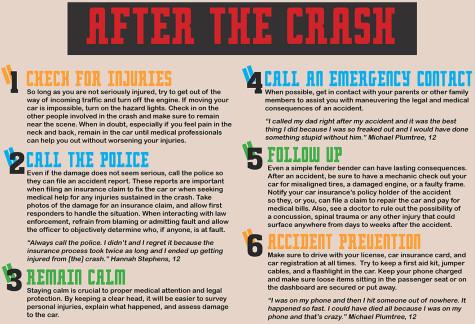 “Both of my accidents happened because I rear-ended the car in front of me,” senior Olivia Hawkins said. “I wasn’t really paying attention and I regret it.”
“Both of my accidents happened because I rear-ended the car in front of me,” senior Olivia Hawkins said. “I wasn’t really paying attention and I regret it.”
According to the Florida Highway Patrol, the biggest causes for most teen driving accidents include: failure to wear a seatbelt, inexperience, driving drowsy, distracted or drunk, the presence of other teenage passengers and driving recklessly.
“It’s pretty simple: don’t be stupid,” Reyenga said. “Safe driving is common sense.”
Measures to reduce teen driving accidents include more education and an increased focus on accumulating experience behind the wheel. Reyenga and Stephens added that offering towing services for teens to get home safely and further emphasis of the consequences of poor driving will help decrease car crashes for teenagers.
“I don’t think people understand the power and responsibility of driving,” Stephens said. “Accidents are really scary and they can happen to anyone. Nobody is invincible.”
Hawkins said taking her car for granted and not taking driving seriously caused her accident. She said the increased awareness following her accidents will help prevent more in the future.
“It’s not a game,” Hawkins said. “If you’re in a situation and you don’t know what to do, it’s really scary. Someone’s life could be on the line.”
Student Stories: Car Crashes
Senior Michael Plumtree
Senior Michael Plumtree hit a car at the intersection of Alafaya and McCulloch. Although he was distracted by his phone, the accident was the other car’s fault because it was turning right onto Alafaya and failed to give Plumtree right of way.
“It was probably the craziest thing that has ever happened to me and I’ve been driving a lot safer since,” Plumtree said. “I could have died, and that’s horrifying.”
Junior Derek DiBernardo
Junior Derek DiBernardo was also in the accident at the intersection of Twin Rivers road and County Road 419 and hit fellow senior Edward O’Dea. DiBernardo was adjusting his air conditioning when he hit O’Dea who was stopped at a red light. The system in his car automatically called the police and gave them his location, so help was able to arrive on site quickly.
“Riding in the passenger seat, you really don’t have control over stopping,” DiBernardo said. “After the accident, it kind of freaked me out, but you’ll get over it.”
Senior Edward O’Dea
Senior Edward O’Dea was rear-ended at the intersection of Twin Rivers Road and CR 419 by junior Derek DiBernardo. His sister, sophomore Courtney O’Dea, was in the car and called their dad, who arrived shortly thereafter. When police arrived, both drivers were asked for their licenses, registration and a description of what happened.
“I was mostly concerned to see if my sister was hurt or if anybody in the other car was hurt,” O’Dea said.
Junior Annemarie Cox
Junior Annemarie Cox was in the passenger seat of a car that was stopped at a light on Alafaya when they were hit from behind. The driver of the other car was texting and did not see the red light, so he rear-ended junior Hannah Stephens and Cox going 40 miles per hour. Both girls sustained injuries that required medical care and chiropractic sessions, but the other driver’s insurance took care of the cost. At his request, the police were not called.
“It was a couple months ago and I still look in my rear-view mirror all the time because I feel like somebody’s going to hit me,” Cox said.
Your donation will support the student journalists of Hagerty High School. We are an ad-free publication, and your contribution helps us publish six issues of the BluePrint and cover our annual website hosting costs. Thank you so much!

